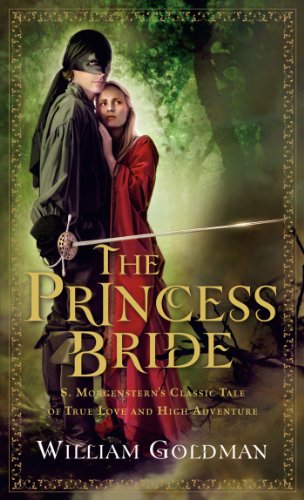
“Rick, you seem like an intense, but decent, fellow.” He looked at me with cop eyes. Military, civilian, they all looked the same. Asking questions in silence. “From the looks of the bump on your head and your black eyes I’m guessing you recently sustained a concussion and are probably still in pain. But you’ve never shown evidence of it. Your eyes stay targeted on that screen. Not just intense, but manic. You’re focused on a mission. Tunneled in. I’ve seen it in enlisted men and COs. I’m worried you’ve lost your peripheral vision. You’re target blind. Blind to everything but your target. Like a zealot. That’s a dangerous way to live, Rick.”
I’ve had a feeling, all through Matt Coyle’s fascinating but troubling Rick Cahill series of mysteries, that the whole project was working up to some kind of epic climax. Along the way, a lot of bad stuff happened, and some of the books were pretty heartbreaking. But I think this last book, Lost Tomorrows, makes it all well worth it (though another Rick Cahill book is coming out down the line. But that one will have an altered scenario, for reasons that will become clear to anyone who finishes this one).
Rick Cahill lives in La Jolla, California, where he grew up and his father was a cop (disgraced, though now cleared posthumously by his son). But Rick’s own short police career was in Santa Barbara. There his wife was murdered and he was arrested for it. The case was dropped, but Rick was kicked off the force anyway. And, for reasons he tells no one, he blames himself for her death anyway.
A call from Santa Barbara persuades Rick to go back after all these years. Krista Landingham, the policewoman who trained him, has been killed by a car in a hit-and-run pedestrian accident. Krista’s sister Leah asks him to come up for the funeral. Rick knows he has only enemies on the Santa Barbara force, but he feels obligated to pay his respects. Just as he paid his respects at his wife’s funeral, in a church filled with devout enemies.
He only plans to attend the service and go home, but Leah Landingham asks to speak with him. She doesn’t believe Krista’s death was an accident. She was working on a big case, and there was no reason except work for her to have been in that place at that time.
Rick tries to explain that he’s the worst person in the world to do this job. Every cop in Santa Barbara hates his guts. Leah replies that she’s actually already hired the retired policeman (now a private investigator) who arrested Rick. He is now convinced Rick was innocent, and is willing to work with him – though he still holds a grudge.
This is actually the kind of situation Rick can’t resist. Full of self-hatred, he thrives on hostile environments. He will soon discover that Krista had been working on his wife’s cold case. Is it possible she was getting close to the truth, to uncovering the true culprit? Was she killed for that? Rick will endure pretty much anything to learn the answer to that question, and then he plans to exact his own brand of justice.
Rick has always followed his father’s rule, to do right, even if it goes against the law. But what if his reasoning is off? What if he doesn’t know what’s right?
Lost Tomorrows is a gripping, explosive book full of dread and moral complexity, ending with a shocker that’s nevertheless quite satisfying. I particularly liked the way the story questioned subjective judgments.
Cautions for intense violence. I didn’t notice much (or any) objectionable language. Occasional references to Christianity were respectful.










